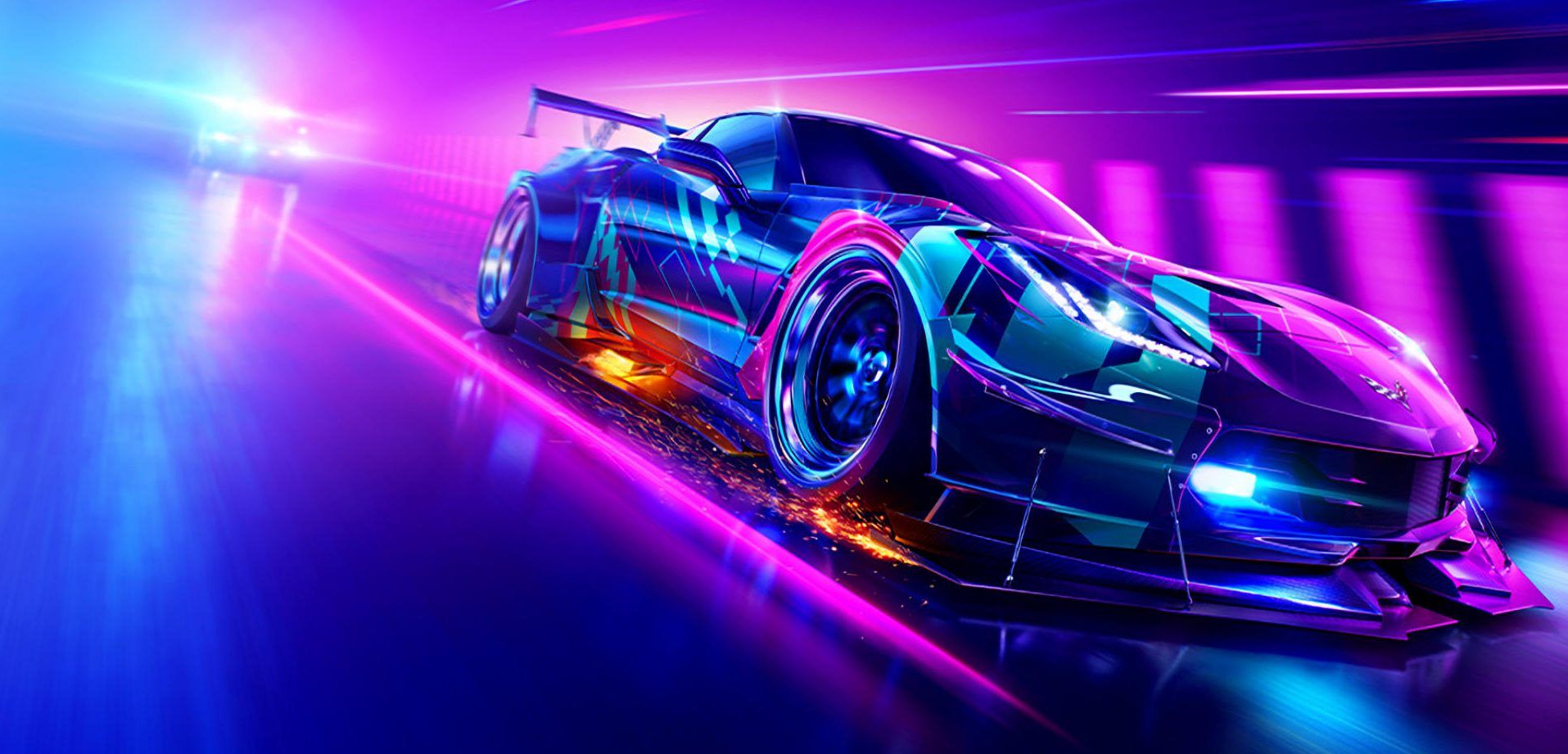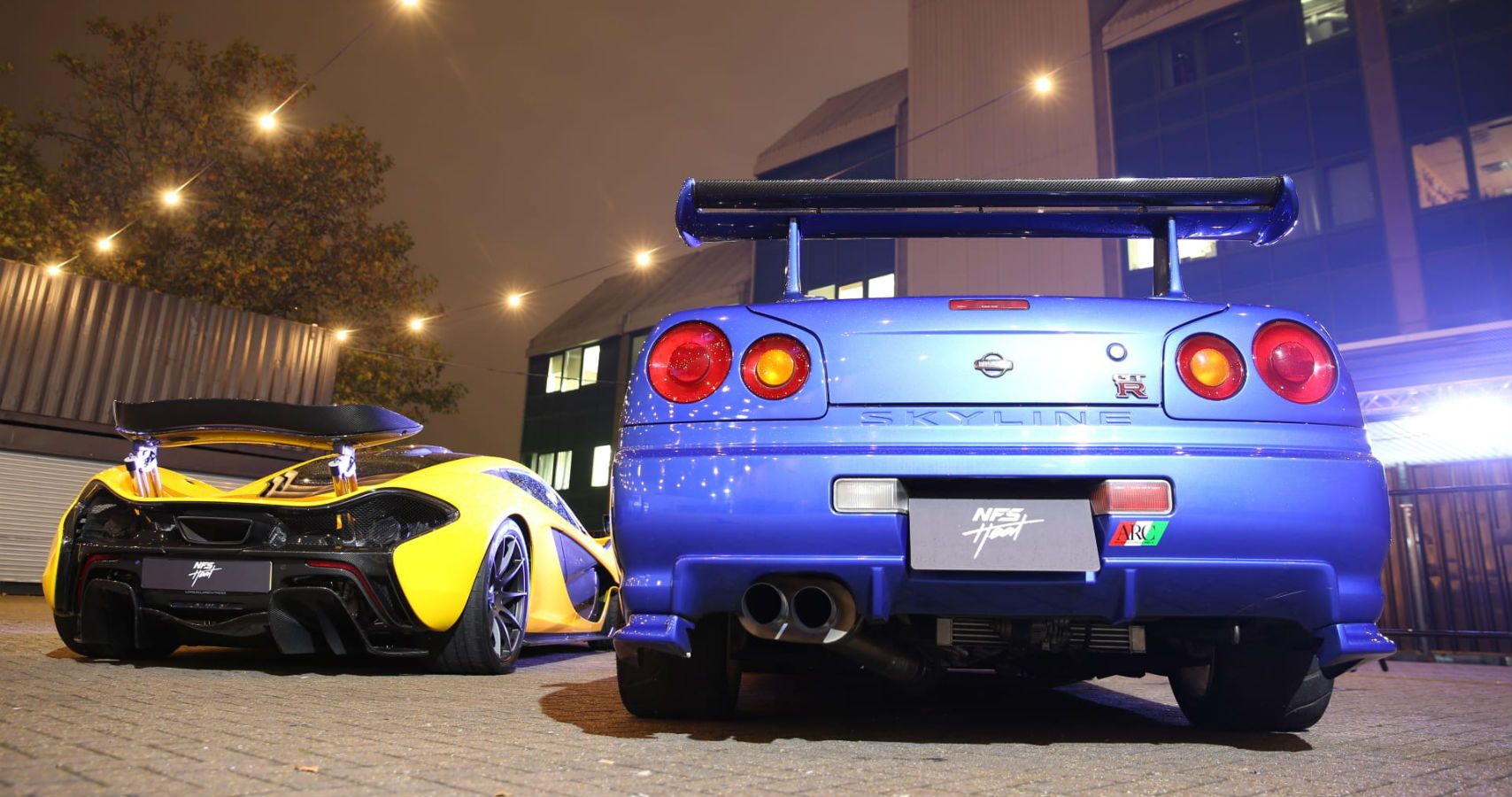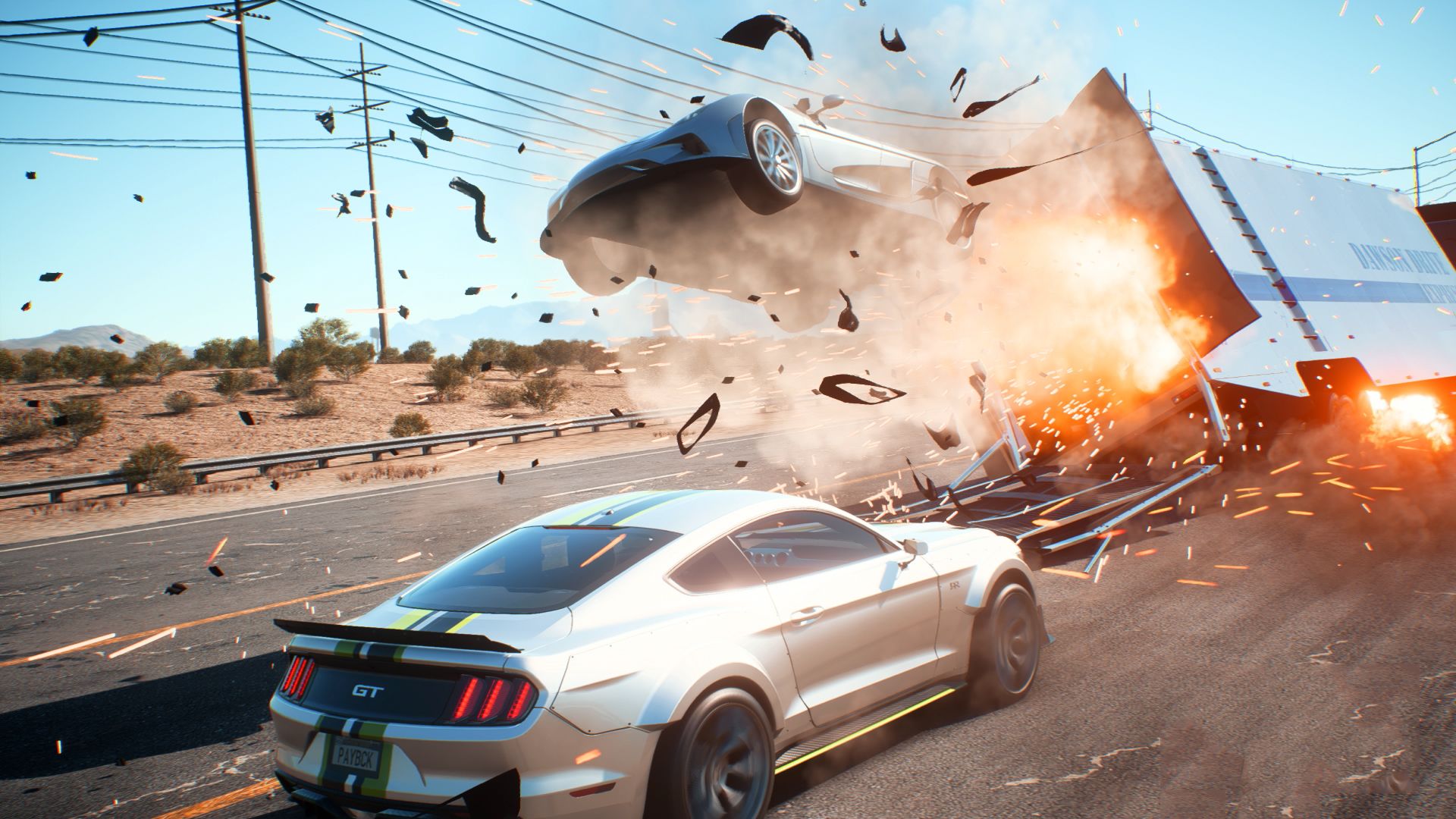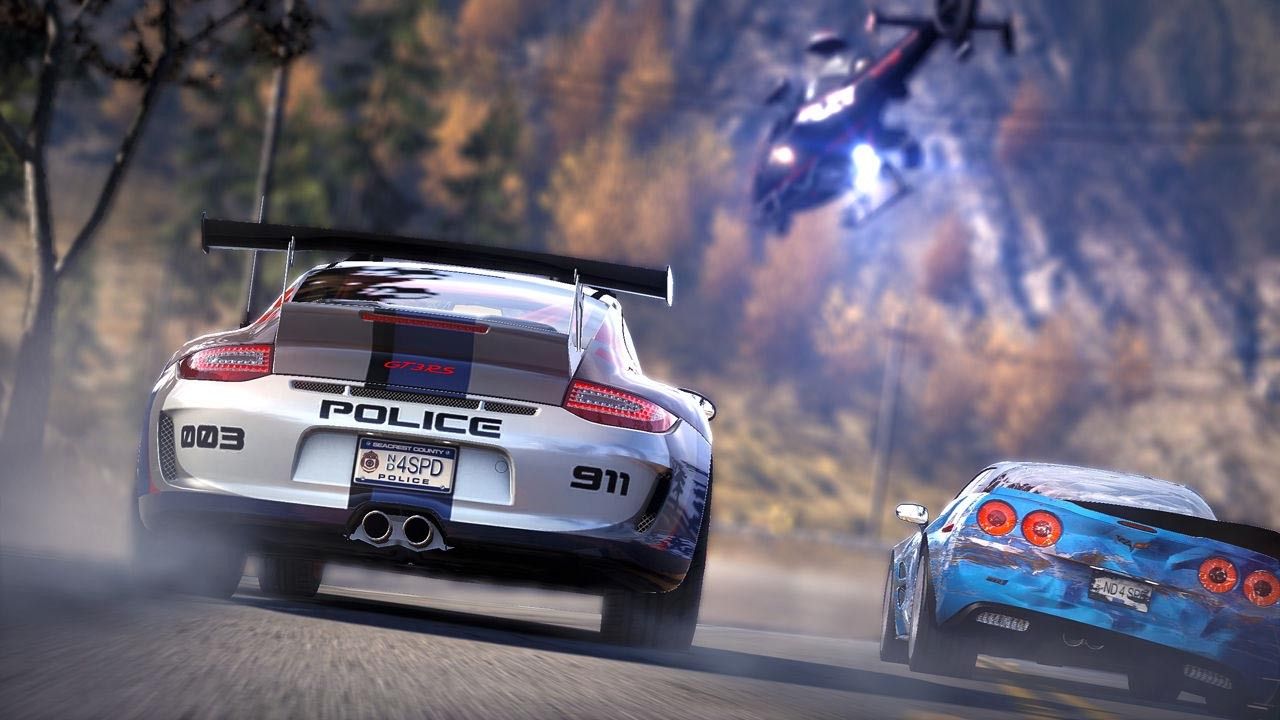Good news, everyone, Need For Speed: Heat is good. Well, pretty good. It’s still a fair distance away from some of the series highest points, but it’s a hell of an improvement when compared to 2017’s disastrous Need For Speed: Payback. Though it’s good to hear that EA and Ghost have finally done something worthwhile with the franchise, the near decade-long lapse since the series' last well-liked game begs the question: why is it so hard to make a good Need For Speed game?
Though we would argue that the last decent NFS title was 2012’s soft-reboot of the Most Wanted subseries, longtime fans are more inclined to say that its either 2011’s Shift 2: Unleashed, or 2008’s Undercover. There may have been nearly a dozen titles in the NFS line since then, but most of them were either freemium mobile garbage or uninspired, multiplayer-focused releases that strayed way too far from the series’s core.
Really, producing a quality racing title shouldn’t be all that difficult. EA already has access to one of the most capable engines of modern times, owns the rights to the most recognizable franchises in the genre, and hosts some undeniably talented developers and studios. That said, it just hasn’t been able to get it together these past few years—not just with this series, but with everything the company has gotten its hands on.
As all who are familiar with the industry will know, greed has been at the heart of some of gaming’s most notorious recent controversies, and EA itself was embroiled in a revolutionary quarrel when Star Wars Battlefront II prompted so much backlash thanks over loot box mechanics that governments across the globe felt the need to get involved. It’s that same avarice that has been so detrimental to the Need For Speed series lately; far more interested in shoveling out broken “live service” games packed with “recurring spending opportunities” than generating genuine entertainment, the NFS publisher, in an effort to milk consumers totally dry, saw the series devolve into a brutish, consumer-unfriendly grinding wheel.
That’s a major reason for Payback’s failure. A game that took gambling mechanics to the extreme, it felt more like a slot machine simulator than a Need For Speed title. So pervasive were these awful systems that, in some cases, cars could not be upgraded and progress could not be made unless players either grinded for slot machine spins or ponied up real-world cash for in-game currency.
Yet, EA’s unmitigated greed was affecting the Need For Speed series long before loot box mechanics became mainstream. During the latter half of the seventh console generation, DLC was the name of the game, and the publisher wasted no time in commissioning an endless series of ancillary content for titles like 2012’s Need For Speed Most Wanted and the previous year’s Need For Speed: The Run. Though the practice would later die out in favor of more modern monetization strategies, it’s remained one of many stains on the legacy of the franchise.
Beyond that, recent NFS titles seem to have prioritized unwanted multiplayer mechanics rather than building upon the series’ single-player roots. There’s nothing inherently wrong with multiplayer, be it either online or local, but a game developed entirely around PvP interactions runs the risk of turning away solo-centric players and withering on the vine as players abandon it in favor of another release. It’s a pervasive problem in gaming today, and titles like Need For Speed: Rivals or World weren’t worth investing in thanks to EA’s notorious penchant for shuttering servers and prematurely pulling the plug on underperforming games.




